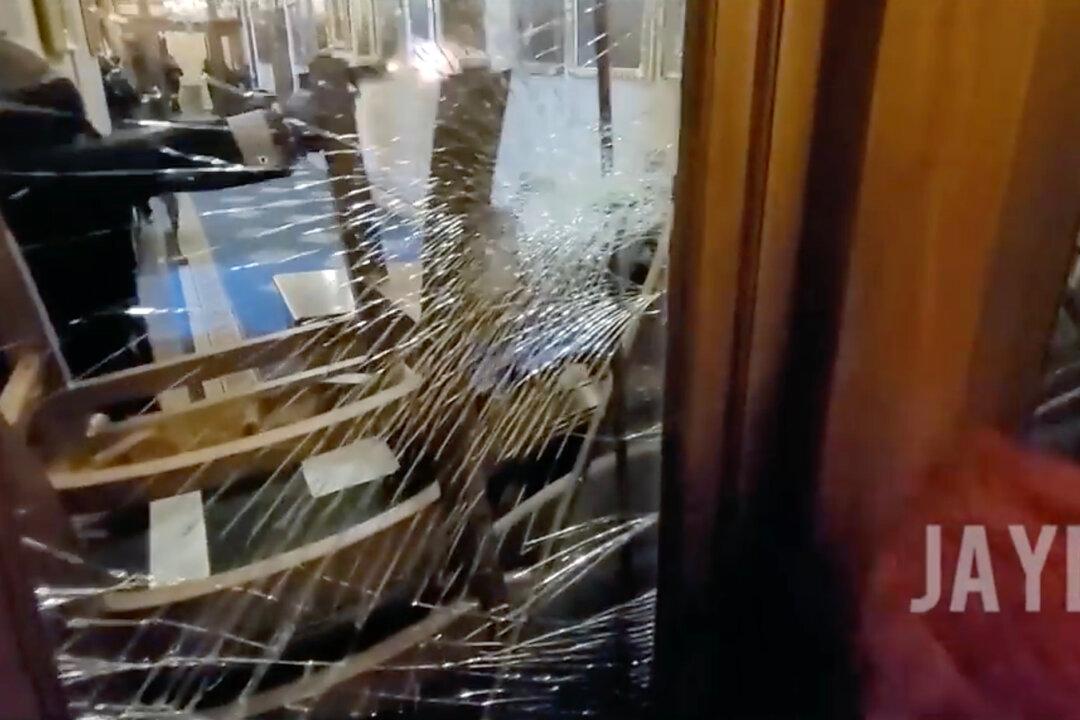Capitol Police Lt. Michael Byrd produced no reports on his fatal shooting of Ashli Babbitt and refused to give an official statement to investigators, but he agreed to a “voluntary debriefing” in which he stated if the “mob of rioters” outside the Speaker’s Lobby at the Capitol gained entry, “it wasn’t going to go well.”
Those details emerged on June 7 from more than 100 pages of records released by Judicial Watch from its 2021 Freedom of Information Act lawsuit against the U.S. Department of Justice (DOJ). Records were released on the Judicial Watch website.





